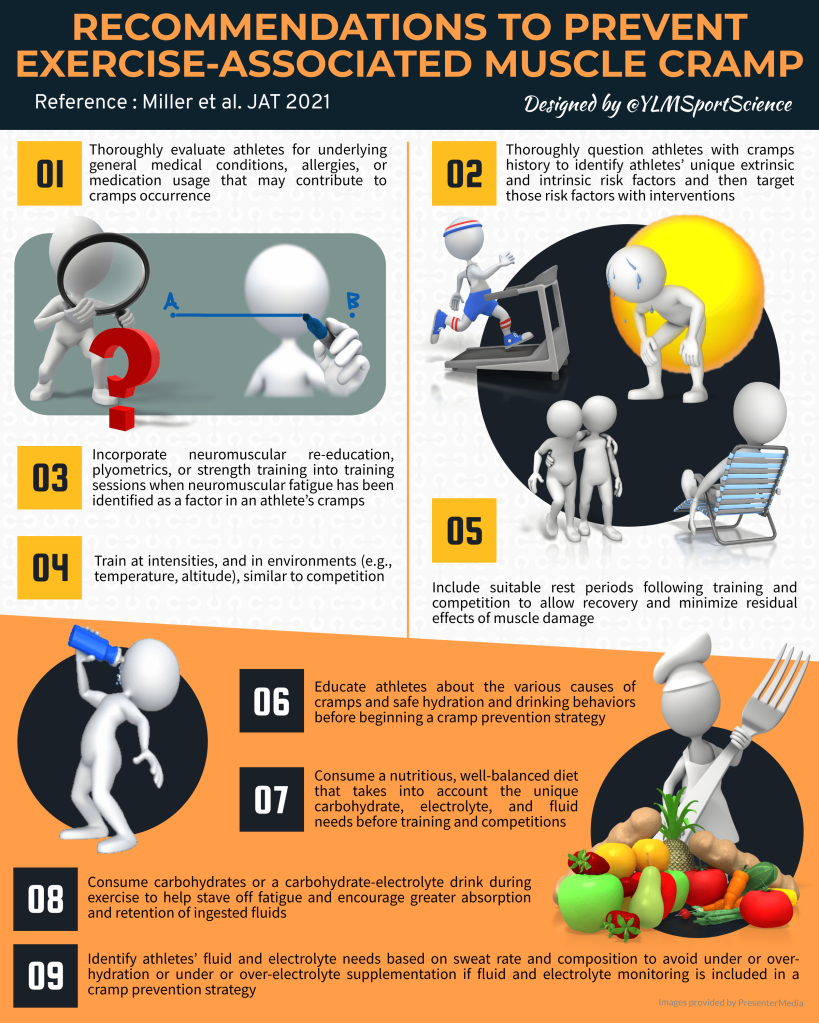
Effective Strategies to Prevent Muscle Cramps
Muscle cramps can be uncomfortable and disruptive. Employing preventive measures can significantly reduce the occurrence of these spasms and alleviate discomfort.
Understanding Muscle Cramps
Muscle cramps are sudden, involuntary contractions of one or more muscles. They can occur due to various reasons, including dehydration, overuse of muscles, or mineral deficiencies.
To explore detailed tips for preventing muscle cramps, visit Women’s Health and Style. Learn more about effective strategies to avoid muscle spasms.
Stay Hydrated
Adequate hydration is crucial in preventing muscle cramps. Ensure you maintain proper fluid intake, especially during physical activity, to prevent dehydration and electrolyte imbalances.
Proper Warm-Up and Stretching
Engage in proper warm-up routines before exercise and include adequate stretching. This prepares muscles for activity, improving flexibility, and reducing the risk of cramps.
Balanced Diet and Electrolytes
Consume a balanced diet rich in electrolytes like potassium, magnesium, and calcium. These minerals play a crucial role in muscle function and help prevent cramping.
Gradual Exercise Progression
Avoid sudden increases in exercise intensity or duration. Gradually progress to more challenging workouts to give muscles time to adapt, reducing the likelihood of cramps.
Avoid Overexertion
Avoid overexerting muscles during physical activity, as fatigue can lead to muscle cramps. Listen to your body’s signals and pace yourself accordingly.
Appropriate Footwear and Gear
Wear proper footwear and gear suitable for your activity. Ill-fitting shoes or equipment can strain muscles, increasing the risk of cramps.
Address Underlying Health Issues
Consult a healthcare professional if muscle cramps persist or are severe. Underlying health issues like nerve compression or circulation problems might contribute to cramps.
Regular Massage and Muscle Care
Regularly massage and care for muscles to alleviate tension and reduce the risk of cramps. Use foam rollers or seek professional massage therapy to relax muscles.
Mindful Cooling Down
After physical activity, incorporate a proper cool-down routine. Gradually reduce the intensity of exercise and perform gentle stretches to relax muscles.
Bedtime Muscle Relaxation
Practice relaxation techniques before bedtime to prevent nocturnal muscle cramps. Light stretching or gentle massage can relax muscles, reducing cramp occurrences during sleep.
By implementing these preventive measures into your routine, you can effectively reduce the occurrence of muscle cramps, ensuring a more comfortable and enjoyable physical experience. Understanding the triggers and employing preventive strategies contributes significantly to minimizing discomfort and enhancing overall physical well-being.



